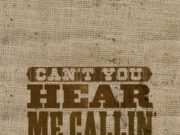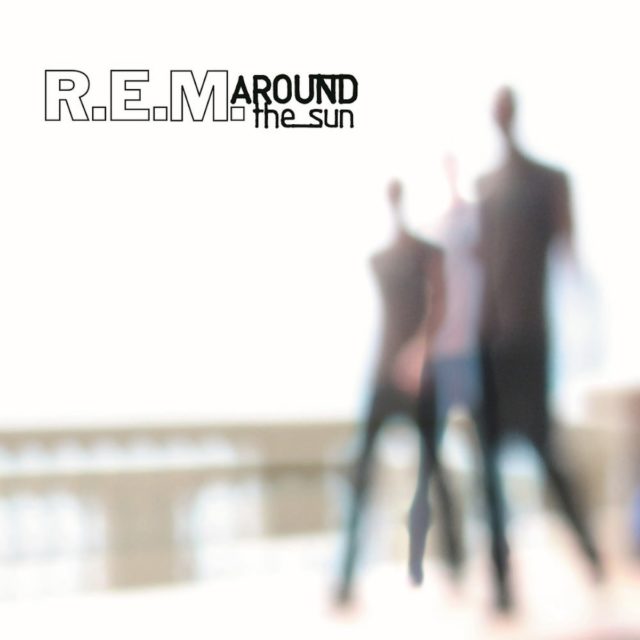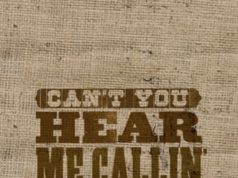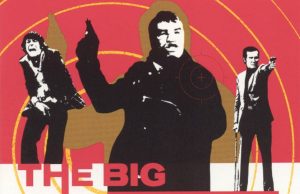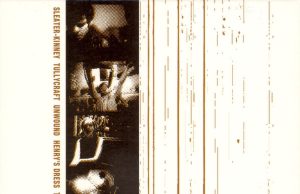This came out in 2004 – or at least that’s when I got it. Here’s what I said about it back then (with some minor editing):
It’s the end of the world as they know it, and R.E.M. feel … well, whatever it is, it ain’t fine. Betrayed, maybe. Confused, certainly. Wounded, definitely. Even a little angry. But mostly, on their latest disc Around the Sun, they feel contemplative.
“It’s quiet now,” are Michael Stipe’s first words on this 55-minute set, and he’s telling the truth. This 13th studio album from these Georgia icons is arguably the most intimate and subdued work of their career. It’s certainly the saddest. There are no shiny happy people holding hands and laughing their way through these tracks; instead, there are life’s walking wounded, looking for a shoulder to lean on as they search for stability and truth in an uncertain, ever-changing world. “It’s a long, long road,” laments Stipe. “And I don’t know which way to go.”
Around the Sun’s music reflects that uncertainty, drifting along through a woozy, almost dreamlike netherworld of gently strummed guitars, lightly shimmering melodies, understated keyboards and almost subliminal electronic textures (it’s easy to see why they’re playing theatres on this tour; these songs would get lost in the vast spaces of an arena). Atop these cloudlike constructs and slowly shifting sands rests Stipe, penning lost-love letters while trying to write his way out of quiet desperation and toward a brighter future.
Even though the band have called Around The Sun a political album, little here is as overt and highly charged as, say, American Idiot. Ever the enigmatic and elliptical lyricist, Stipe seems to choose and use his words as much for their psychological impact and their ability to trigger emotions as for their narrative value. Leaving New York, for instance, is tinged with post-9/11 sadness, even though it’s ostensibly a tale of romantic breakup. Likewise, Final Straw is penned from a first-person perspective, though it’s tough to miss the undercurrent of couplets such as, “Now I don’t believe and I never did / That two wrongs make a right / If the world were filled with the likes of you / Then I’m putting up a fight.” And no one could misinterpret the isolationist angst at the heart of I Wanted To Be Wrong: “We can’t approach the Allies ’cause they seem a little peeved / And speak a language we don’t understand.” Our only hope, concludes Stipe on the closing title cut, is hope itself. “Hold on world, ’cause you don’t know what’s coming … Take another trip around the sun.”
Translation: It could be the end of the world as we know it — but that also means a new beginning is on the way.


